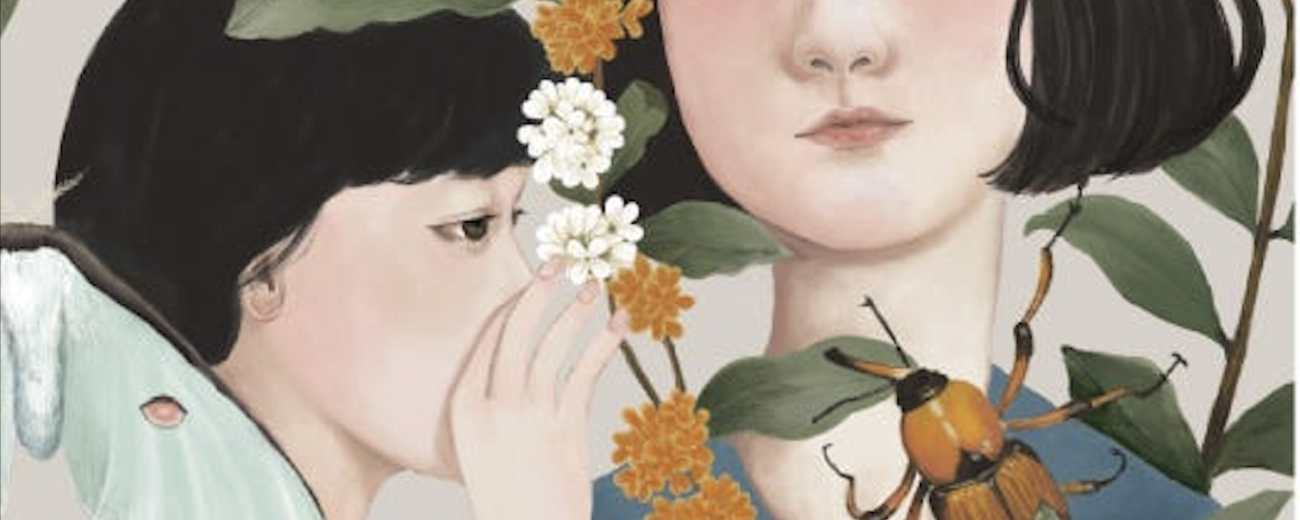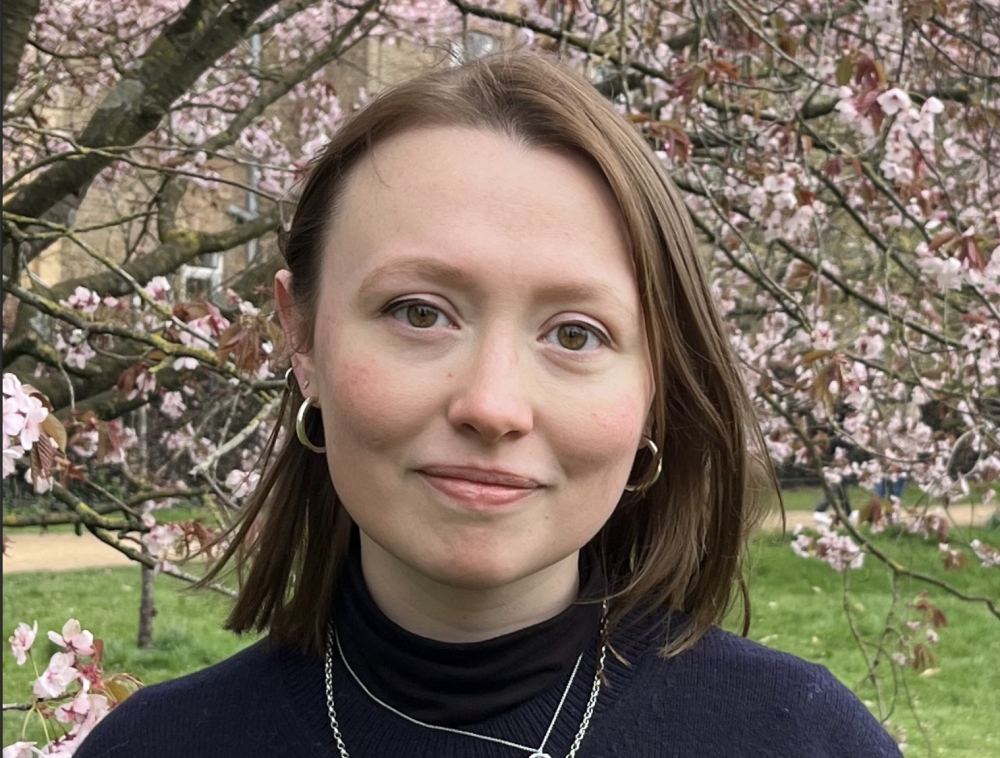
Imaginary language and alternate history in two novels by Li Kotomi and Yang Shuangzi

Key information
- Date
- Time
-
1:00 pm to 3:00 pm
- Venue
- Paul Webley Wing, Senate House, SOAS University of London, WC1H 0XG
- Room
- S209
About this event
This talk takes novels by millennial authors Li Kotomi and Yang Shuangzi to discuss how contemporary literature reflects on this period of historical reckoning by devising alternate textual and linguistic histories through fantasy and forgery.
Since the 1990s, Taiwanese popular culture has provided an important space to reassess historical memory of the Japanese colonial period. This process of collective exploration has entailed, in part, a reinterrogation of fiction, architecture, art and cinema from the colonial era, with an emphasis on parsing its significance to contemporary Taiwanese society and identity. Translation has played an important role here, serving as a site to confront layered sequences of linguistic violence and the complex questions of self-definition and expression that lie therein.
This talk takes two recently published, award-winning novels by millennial authors Li Kotomi and Yang Shuangzi to discuss how contemporary literature reflects on this period of historical reckoning by devising alternate textual and linguistic histories through fantasy and forgery. Both novels use experimental narrative approaches to spotlight the ethics of translation in constructing historical narratives in the aftermath of colonialism. Operating through the ambiguity of a fake colonial travelogue and the fantasy of a utopian trilingual matriarchal island, these two novels delve into the space between languages to showcase the power structures that dictate not only how stories are told in the first instance, but also how they are retold and repackaged with the passage of time.
Meet our speaker
Dr Aoife Cantrill
Dr Aoife Cantrill is a lecturer in Chinese Studies and Lee Kai Hung Postdoctoral Associate at the University of Manchester.
She holds a PhD in Asian and Middle Eastern Studies from the University of Oxford and has previously worked as a research fellow at National Taiwan Central University. Her research primarily looks at interactions between Sinophone and Japanophone cultures in Taiwan from 1930 onwards, with a focus on women’s writing and its translation history.
Her other research interests include the use of paratext in contemporary Chinese fiction and the cultural politics of textile production in the Japanese Empire.

